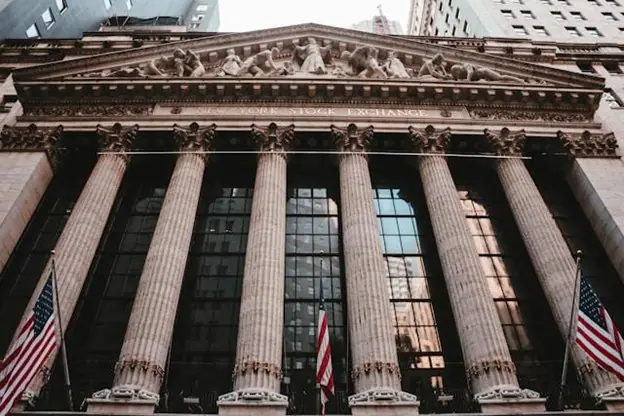BS, the world’s largest meat company and fresh off its high-profile New York Stock Exchange debut, is being treated like hamburger instead of steak.
After years of dominance in global beef and poultry, with more than $77 billion in annual sales, the Brazilian meatpacking giant expected a warm Wall Street welcome. Instead, its stock stumbled out of the gate, leaving investors skeptical.
But here’s the problem: that skepticism might be dangerously short-sighted.
The company’s dual-listing on the NYSE in June was supposed to mark the next phase of JBS’s global ambitions. Shares opened around $13.65, briefly ticked higher, and then slid nearly 4% as traders walked away unimpressed.
That cold reception came despite the fact that JBS is trading at a valuation its U.S. peers could only dream of.
At roughly seven times projected 2025 earnings and about 5.5 times EV/EBITDA, the company is deeply discounted compared with Tyson Foods, which trades closer to eight times.
Analysts at Bank of America have gone as far as calling JBS “best-in-class at a bargain,” and with average price targets in the $20–21 range, the stock could rally more than 50% from here.
Still, markets are refusing to price in that upside. The company’s latest quarterly earnings only added fuel to the skepticism.
Earnings per share came in at 50 cents, beating estimates by almost 30%, but revenue fell short at $20.6 billion compared to expectations of $21.4 billion.
The miss reinforced fears about margin pressure in U.S. beef operations, where cattle supplies are tight and input costs are rising. Traders punished the stock immediately, sending it lower despite operational strength in prepared foods and international businesses.
Here lies the disconnect: investors are treating JBS as if it’s just another cyclical food company when in reality, its long-term roadmap points to a different story. The company has pledged about $1 billion annually in expansion projects, including major new U.S. facilities, and is aiming to push EBITDA to $7 billion by 2027.
If successful, that’s a significant step up from its 2025 estimates. And unlike most companies in its space, JBS is preparing to hand back a steady stream of cash to shareholders, with dividend payouts potentially reaching yields of 7%.
For income-focused investors, that kind of yield from a global leader is rare.
Of course, the bullish case isn’t without landmines. JBS has long battled reputational issues tied to deforestation in the Amazon, political scandals, and environmental criticisms.
Just months before its NYSE debut, environmental watchdogs accused the company of breaking deforestation pledges, stoking concerns that ESG pressure could weigh on valuations for years. Investors also haven’t forgotten its governance controversies, and in a U.S. market where institutional capital increasingly flows into ESG-compliant names, that stigma could be an anchor.
But here’s the anxiety-inducing truth: if JBS can navigate these controversies and execute its growth plan, today’s beaten-down price could look absurdly cheap in hindsight.
Wall Street’s dismissal of the stock on debut wasn’t based on deteriorating fundamentals, but rather on a combination of bad optics and short-term margin worries. That kind of investor psychology has created some of the best long-term entry points in modern market history.
For now, the market is treating the world’s largest meatpacker like a discount burger. The question is whether investors will recognize the prime steak hiding in plain sight before the price starts to sizzle.



